Elizabeth Rosner: My Writing Life is My Listening Life
I’ve been a keen listener all my life, growing up in a family of competing multilingual voices.
Listening has always held a place at the center of my writing, though it’s only recently that I’ve become fully aware of this continuity. I realize now how obvious it is—that I’ve been a keen listener all my life, that growing up in a family of competing multilingual voices would also mean I would spend my life trying to make sense of the spaces in between, the secrets and whispers and untold stories, the ways we drown each other out and the ways we swallow our own tears, the ways we wander the world in search of consolation.
In my first novel, The Speed of Light, through the distinct sounds my characters pay attention to, we discover what each of my three protagonists cares about most. The sonic world has shaped who they are, including the clamor they carry on the inside.
On page one, Julian, alone with eleven muted televisions in his apartment, tells us about the voices he has “silenced.” Instead, he hears “a clock that ticked like a snapping twig; the hum and push of cars passing on the street; a neighbor’s dog barking at the arrival of mail; the refrigerator purring; my own breath, in and out. All the rhythms, in and out. And inside my head: a melody from before, when my sister trained her voice to soar, when I listened to the notes float and resonate. I believed sometimes that I could see them.”
Paula, his younger sister, is an aspiring opera singer whose voice, she tells us, is a “ticket of escape.” On page four, she adds: “My earliest memory is the sound of crying—my father waking up from a nightmare. Or was it my brother? A nameless sobbing in the dark.”
The third of my alternating first-person narrators in The Speed of Light is a refugee named Sola. She focuses not only on what she hears but also on what she is trying not to hear. “[Paula] has no idea what it is like to hear gunshots in the night. I am not in fear for my own life. I am only reliving the other time, again and again. It is the sound that is trying to kill me too.”
In composing these three characters, allowing them to take turns telling their braided story, I practiced a form of deep listening: tuning in to whichever of the three voices seemed to choose speaking on any given day, for however long that particular music might last. Sometimes another character would interrupt or insist on being heard next; other times the narrating voice would simply fade into silence, and I had to stop writing for the day.
You could say that my second novel, Blue Nude, is centered on the visual — on painting bodies and landscapes, on turning the past into a color-drenched canvas. But it’s also noteworthy that Danzig and Merav, the two main characters, initially collide by way of sound. Upon hearing each other’s accents (one German, one Israeli), their traumatic histories rise up and threaten to overshadow everything happening in the present. Both Danzig and Merav—individually as well as collaboratively—must find ways of listening to one another with courage and curiosity rather than fear and contraction. Their reconciliation may appear to be outwardly physical, but their transformations are also taking place through messages exchanged in more subtle and internal realms. Silently.
As for my third novel, Electric City, I can recall two distinct yet interconnected moments in which the essential storyline announced itself to me by way of a voice. The first was during a lecture on the importance of place in fiction (by the late James Houston), when I realized with an awakening jolt that I had not yet written about my birthplace of Schenectady, New York. The second was when I told my father I had decided to set a novel in our hometown nicknamed “Electric City,” and he said, “You should write about Charles Steinmetz.” I didn’t know anyone by that name, but I soon discovered irresistibly compelling details about this late 19th century genius who floated in a canoe on the Mohawk River while performing mathematical calculations. His map of lightning changed the course of Edison’s work on electricity, and therefore became a main figure, real and imagined, in my story.
Even my poems frequently involve a movement from the shock of listening to the dazzle of creation. Here it is in Gravity, a poem entitled “Broken Glass”: “Everything else comes after that sound,/ that beautiful terrible music/ of endings and beginnings.”
Fast forward. (Are you old enough to remember the whirring sound that used to accompany this phrase?) It’s late April 2015, and I’m visiting Los Angeles. My editor, Dan Smetanka, is listening intently while I tell him about the trip to Germany I’ve just taken with my father. “In Weimar,” I say, “just a few kilometers from Buchenwald, we were seated at a table for an event called ‘Survivor Café.’” Dan urges me to grab a notebook right now, because my next book is already being written. “You’ve been writing it your whole life,” he insists. And he is right, of course, especially because Dan has been my editor since buying and publishing my first novel, The Speed of Light.
Are you still with me? Because I want to remind you that in the last few pages of what became my first book of nonfiction, Survivor Cafe: The Legacy of Trauma and the Labyrinth of Memory, I reflect on my lasting questions about the conundrum of naming and paying attention: “I return to the place I began, the alphabet as a map. As a lexicon, a glossary of inadequate language, because even when words are all we have, they are not enough. You say, There are photos. There are videos. There are films and books and voices recorded to last for as long as we have ears to listen. But can we promise to listen? Can we promise that the listening will last? Is it enough simply to listen?”
I didn’t yet know, at least consciously, that I would spend the next five years writing Third Ear: Reflections on the Art and Science of Listening. But such is the way that questions have led me from one book to another, from one practice of careful attunement to another. And in case it doesn’t go without saying, I’m still trying to hear myself, after all these years, after all these words and sentences and paragraphs and pages. Is there another book whose voice I haven’t quite discovered yet? One that is—for now— still beyond reach of my limited capacity to hear? I honestly don’t know. I’m listening for the smallest sound.
Author photo by Tora Smart
Elizabeth Rosner’s newest book is Third Ear: Reflections on the Art and Science of Listening. A hybrid of memoir and extensive research, it weaves personal stories of a multilingual upbringing with the latest scientific breakthroughs in inter-species communication to show how the skill of deep listening enhances our curiosity and empathy toward the world around us. Rosner has also published three bestselling novels, a poetry collection, and the recent nonfiction book Survivor Cafe: The Legacy of Trauma and the Labyrinth of Memory. Translated into a dozen languages, her work has won literary prizes in the U.S. and Europe. Based in Berkeley, California, Rosner leads writing workshops and lectures internationally. www.elizabethrosner.com

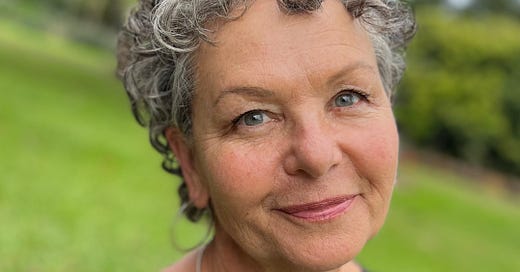


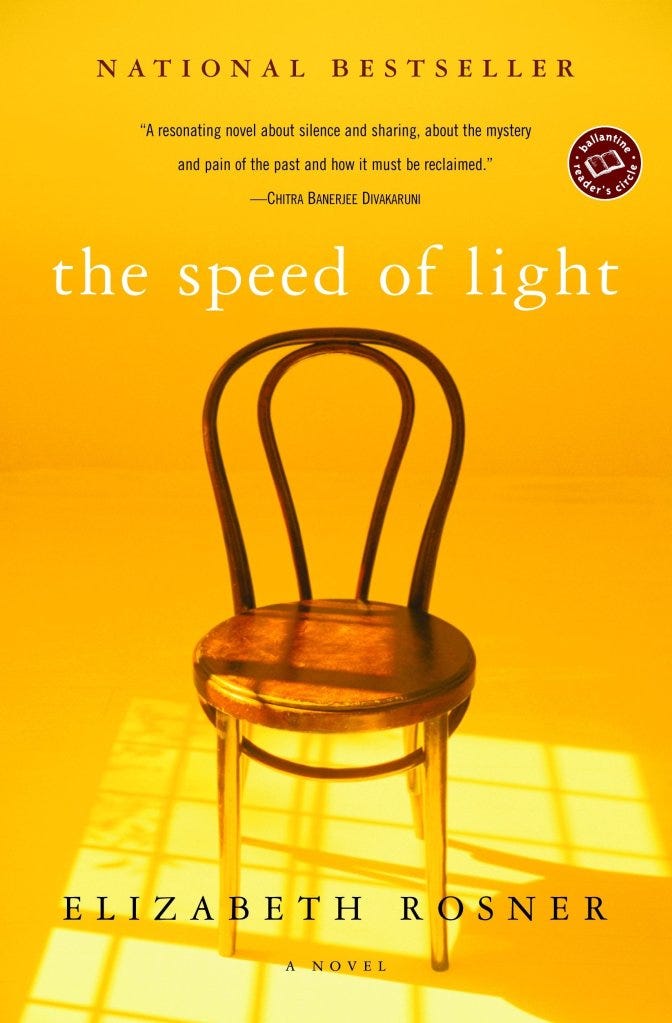

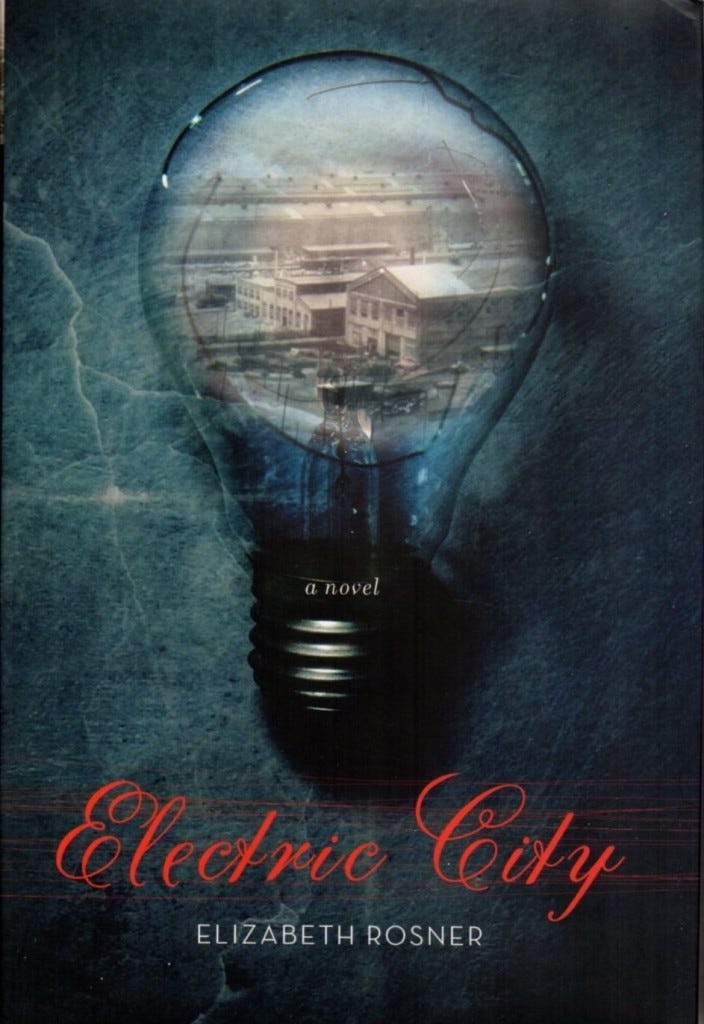
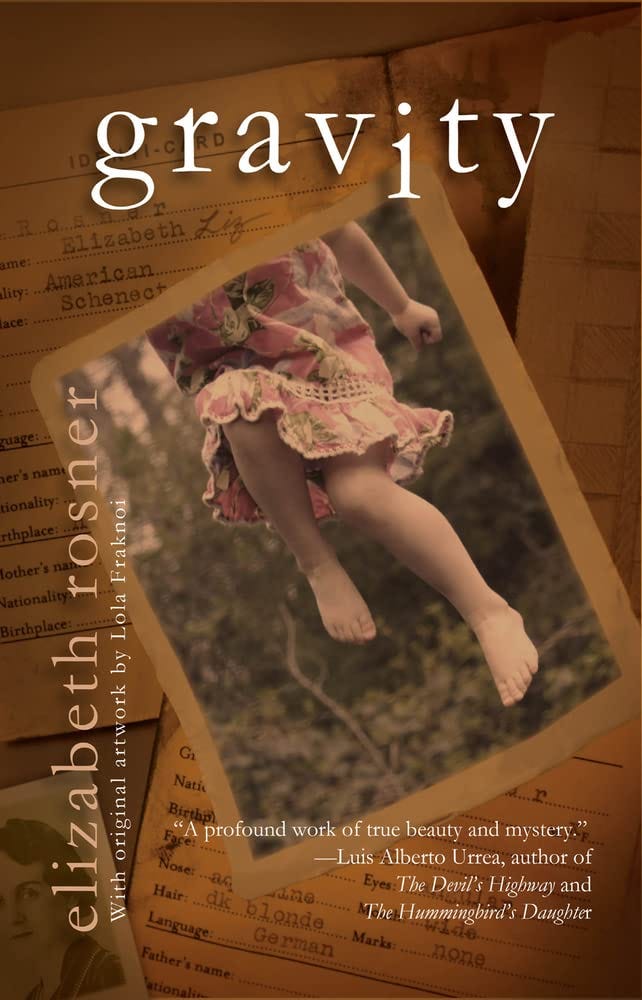

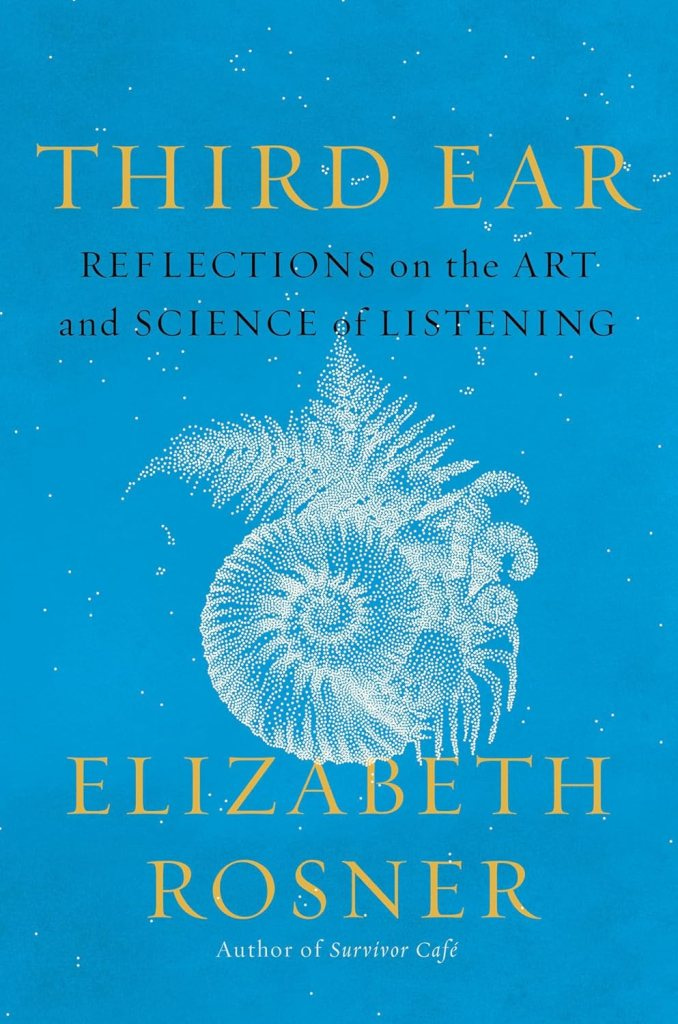
I’m in awe of Elizabeth Rosner’s work, and the talent she acquired in her life trying to listen and understand others. It’s such a compelling gift.
It’s no wonder God whispers stories to you (that manifest into books) because he knows you listen to him.